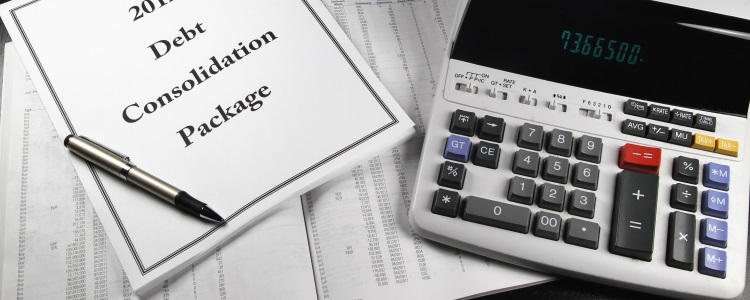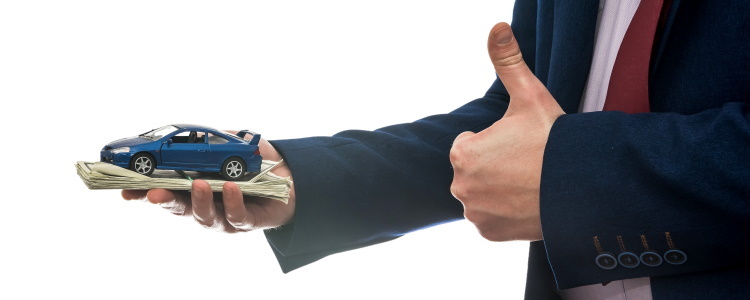A debt consolidation loan is a way for those struggling with debt to pay off their unsecured debts more quickly. Debt consolidation loans are a type of personal loan, and you must meet a lender's requirements in order to qualify for one.
Debt Consolidation Loan Basics
When you take out a debt consolidation loan, you’re combining all your unsecured debt – such as credit card bills, medical bills, and other personal loans – into one monthly payment. You give yourself the chance to combine many of your bills, along with not having to worry about multiple due dates.
Debt consolidation loans are paid back with monthly payments at a fixed rate, generally over a loan term of anywhere from 24 to 60 months. To qualify for a debt consolidation loan, most lenders require that you have decent credit. This typically means a FICO credit score of at least 660 and above.
However, there are some lenders that offer these loans to people with less than perfect credit. If your credit is poor, the interest rate is going to be higher than average, although just what you actually qualify for varies by lender.
You can get a debt consolidation loan from a bank, credit union, or online lender. Generally speaking, you have a better chance of getting approved for this type of loan with a lender you have an existing and good relationship with.
However, it doesn't hurt to apply with multiple different lenders and compare offers. Just make sure to do all of your rate shopping in a short amount of time, typically 14 days or less. This way, all hard inquiries made on your credit for the same type of credit only count against your credit score as one single hard inquiry.
Can I Include My Car Payment?
Debt consolidation includes your unsecured debts, and only your unsecured debts. Unsecured debt, which includes credit card debt, isn’t backed by collateral (your assets), while secured debt is.
Secured loans are when you borrow money to finance a large asset over a fixed term. Car loans and mortgages are considered secured loans and have a secured interest (your vehicle or house). These loans usually come with lower interest rates and longer repayment periods.
Unfortunately, there’s no way to include any secured debt, such as an auto loan, into a debt consolidation loan. If you’re struggling to keep up with your car payment, the best thing you can do is to keep track of your payments. Set up a schedule for yourself – for example, make your payment on the same day each month, and/or set up automatic payments.
If budget planning isn’t helping, you may be able to refinance your auto loan to lower the monthly payment. If you have a bad credit car loan, most lenders require at least a year to have passed, and that your credit score has improved since taking out the initial loan.
Your options for refinancing are either extending the loan term, or qualifying for a lower interest rate. Ideally, you want to get a lower rate and save money on interest charges in addition to a lower monthly payment, but this isn’t an option for everyone.
If you need some temporary assistance, extending the loan term without qualifying for a better interest rate can still lower your monthly payment, although you pay more in interest charges in the long run.
The Bottom Line
Taking out a debt consolidation loan can help you combine all your unsecured debt so you can pay it off in one monthly payment. Our trusted partner can assist you with debt consolidation if you’re not sure where to start.
If you’re simply looking for a bad credit auto loan, we can help with that as well. For over 20 years, Auto Credit Express has helped many consumers dealing with unique credit situations get the financing they need.
Our partner dealerships have the right type of lenders for people with imperfect credit. Simply complete our easy and free car loan request form to get the process of getting matched with a local dealer started today.















